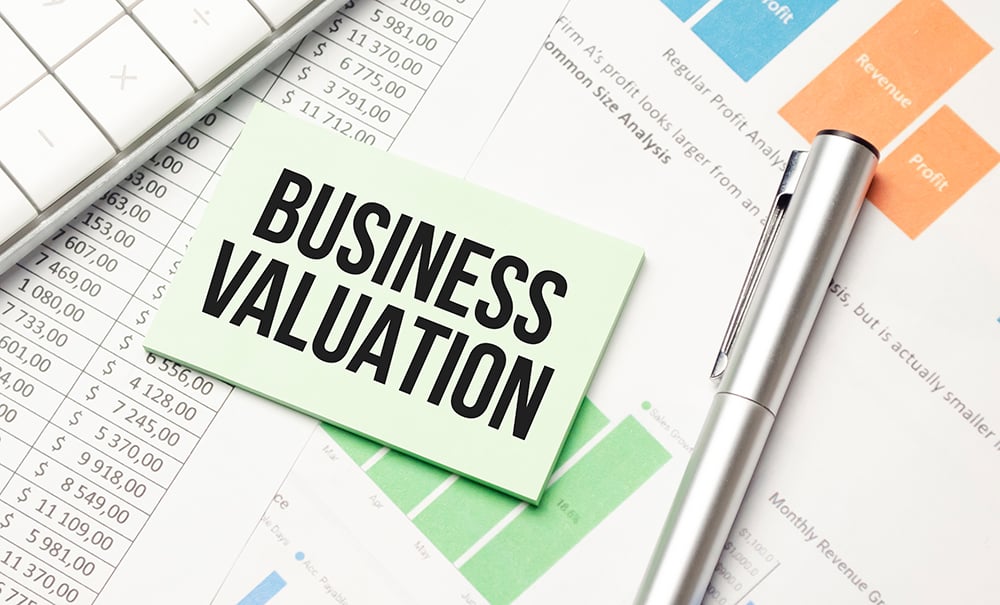
As certified, professional business appraisers, we engage with quite a few clients and their attorneys who are going through a marriage dissolution/divorce and need to value a business owned by one or by both parties involved. The workflow process should not be much unlike any other type of valuation; however, the potential “drama” that often occurs during divorce proceedings can sometimes bleed into the ongoing communication.
If this happens, it is important to take a step back and reaffirm how the appraisal agreement is structured, and who your client is. As a rule of thumb, never allow yourself to be dragged into any disputes between the two parties that play out during your involvement with the case. Remember that you have been hired to act as an independent service provider who is there to facilitate part of the divorce settlement by providing an unbiased opinion. You have no personal or professional investment beyond this scope of work.
If your client is one of the ex-spouses and/or their attorney, all communications should be with these parties only. If representatives from the other side contact you looking for information, you should advise them that all comments or inquiries be made to your client directly, and kindly request they not to contact you further. Immediately notify your client of the situation and ask them to intervene and gain control over it.
Even if your client does not own the business, they are the ones who will need to obtain the necessary documentation required to complete the appraisal from the party that does. Even in rare cases where the divorce is amicable and both sides cooperate fully, you should ensure all communication and data come from your client only.
Another scenario would be a co-client agreement, where you now have to deal with both sides agreeing to the valuation, signing, and paying their share of the fee. This may be a court-mandated arrangement, and working through this process will likely be even more delicate. You will have to carefully manage communications with both parties and possibly their attornies without getting caught up in the residual emotions and disagreements.
You may want to avoid these types of engagements altogether given the amount of management they will likely require; however, if you do find yourself in this scenario, consider organizing a joint call or email with clear instructions on how you plan to handle the process flow. There is added responsibility on your part, and you will need to develop a streamlined way of getting the requisite information to complete the appraisal.
Either way, working through a business appraisal for divorce purposes will always have the potential of being a uniquely challenging project.








